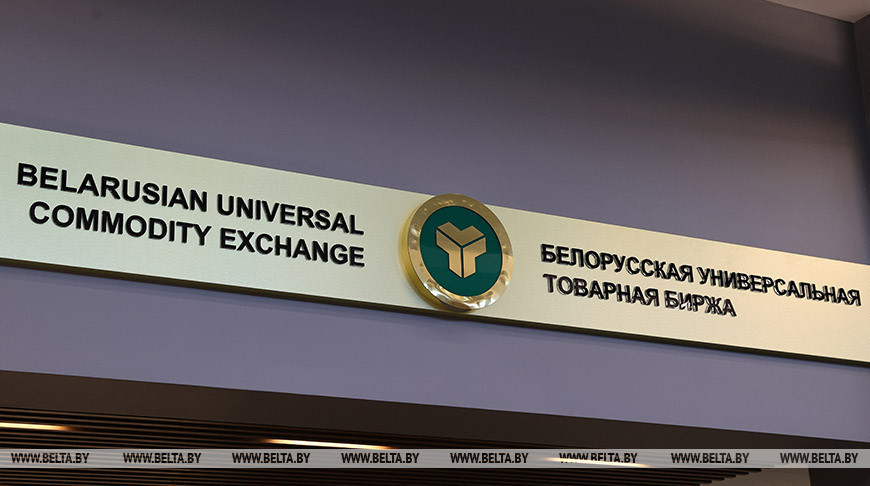
MINSK, 30 April (BelTA) – The Belarusian Universal Commodity Exchange (BUCE) may become one of the founding members of the international association of commodity and futures exchanges, Chairman of the BUCE Board Aleksandr Osmolovsky said during an online conference, BelTA has learned.
He supported the initiative to establish such organization. The initiative was proposed by the Saint Petersburg International Mercantile Exchange. The online conference focused on the creation and operation of a new supranational exchange structure. It brought together representatives from exchange platforms in Belarus, Vietnam, India, Iran, Kazakhstan, Kyrgyzstan, Pakistan, Russia, Türkiye, and Uzbekistan.
The Russian proposal reflects the growing need to strengthen inter-exchange cooperation within the EAEU, the SCO, and BRICS. The goal is to coordinate efforts in developing commodity exchange markets, boost cross-border exchange trade, and establish an international price agency that would create an independent system of key commodity indicators.
"The BUCE’s cooperation with foreign exchanges has always been constructive. It fosters constant communication with international partners to exchange information, expertise, and technologies. However, it is only recently that our joint work has taken on a highly practical focus, leading to tangible results," Aleksandr Osmolovsky emphasized.
A particularly active area of cooperation is the development of an international system of commodity market indicators. Exchanges from Belarus, Kazakhstan, Kyrgyzstan, Russia, and Uzbekistan are involved in this initiative. The work to establish national indicators is also underway. For example, since February, BUCE has been publishing price indices for five key commodity groups with the largest share of its trade volume. The index calculation methodology aligns with global standards, making them suitable for inclusion in a future international indicator system, Aleksandr Osmolovsky noted.
He supported the initiative to establish such organization. The initiative was proposed by the Saint Petersburg International Mercantile Exchange. The online conference focused on the creation and operation of a new supranational exchange structure. It brought together representatives from exchange platforms in Belarus, Vietnam, India, Iran, Kazakhstan, Kyrgyzstan, Pakistan, Russia, Türkiye, and Uzbekistan.
The Russian proposal reflects the growing need to strengthen inter-exchange cooperation within the EAEU, the SCO, and BRICS. The goal is to coordinate efforts in developing commodity exchange markets, boost cross-border exchange trade, and establish an international price agency that would create an independent system of key commodity indicators.
"The BUCE’s cooperation with foreign exchanges has always been constructive. It fosters constant communication with international partners to exchange information, expertise, and technologies. However, it is only recently that our joint work has taken on a highly practical focus, leading to tangible results," Aleksandr Osmolovsky emphasized.
A particularly active area of cooperation is the development of an international system of commodity market indicators. Exchanges from Belarus, Kazakhstan, Kyrgyzstan, Russia, and Uzbekistan are involved in this initiative. The work to establish national indicators is also underway. For example, since February, BUCE has been publishing price indices for five key commodity groups with the largest share of its trade volume. The index calculation methodology aligns with global standards, making them suitable for inclusion in a future international indicator system, Aleksandr Osmolovsky noted.













